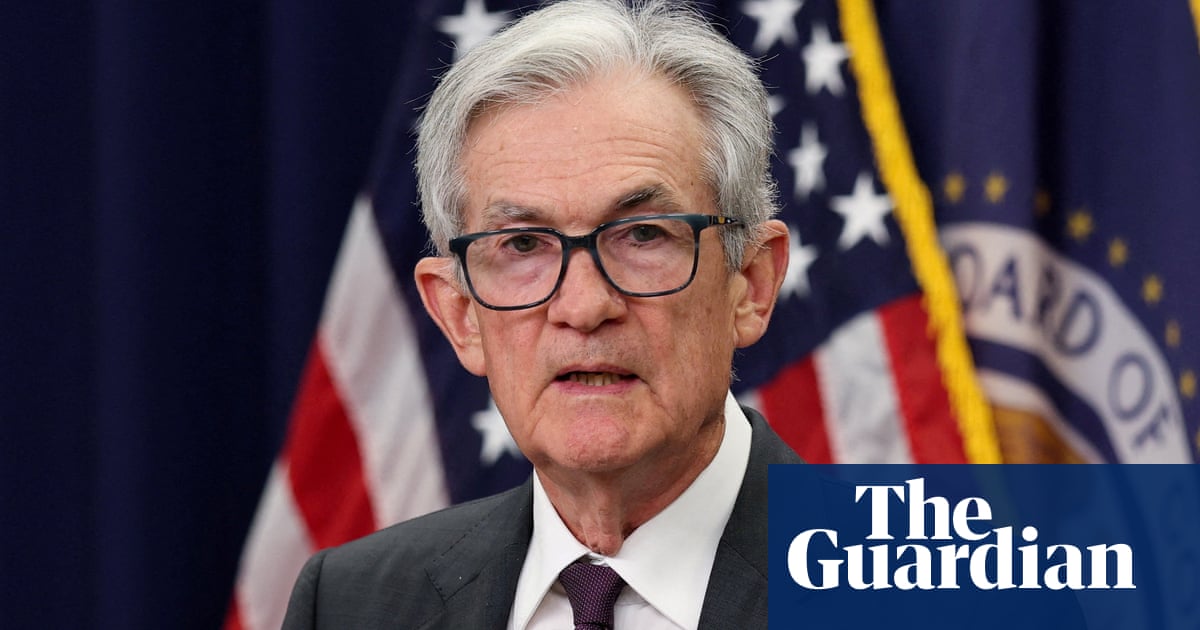More than 90 editors-in-chief and publishers from across Europe have signed a statement calling on the EU to take action over proposed legislation in Hungary, warning that, if passed, it could result in “effectively outlawing the free press”.
Earlier this month, Viktor Orbán’s rightwing populist party, Fidesz, put forward legislation that would allow the government to monitor, penalise and potentially ban organisations that receive any sort of foreign funding, including donations or EU grants.
The proposal was immediately criticised by opposition politicians, who said it would pave the way for the government to potentially shut down all independent media and NGOs engaged in public affairs.
The statement published this week, signed by leading media voices from 23 countries, described the draft bill as being in line with “the authoritarian tactics” seen in Russia under Vladimir Putin, in a reference to the country’s “foreign agent” law.
The Hungarian legislation, which would allow the government to blacklist organisations, levy steep fines on them and ban them from receiving donations, had been written “so broadly that it could be applied to virtually any organisation involved in public life or debate,” it said.
The latest move by Orbán – who is facing an unprecedented challenge from a former member of the Fidesz elite, Péter Magyar, before elections next year – was particularly significant given the wider political context, it added. “The survival of a free press is not a local issue, especially in a region where more and more populist leaders are borrowing techniques from Viktor Orbán.”
The statement, whose signatories included the Guardian’s editor-in-chief, Katharine Viner, as well as editors from Libération in France and Gazeta Wyborcza in Poland, called on the EU and governments across Europe to do all they could to prevent the draft law from being passed.
Since Orbán’s return to power in 2010, he has been repeatedly accused of working to weaken democratic institutions and undermine the rule of law in Hungary.
Those who have borne the brunt of this crackdown include independent media, with press freedom plunging as Orbán is accused of wielding state subsidies to reward pro-government outlets and starve critical media. Weakened media outlets have, at times, been snapped up by entrepreneurs loyal to Orbán and turned into government mouthpieces, resulting in Fidesz and its loyalists now controlling more than 80% of the country’s media.
This month’s draft law, however, has been described by critics as one of Orbán’s boldest moves to date. “Its aim is to silence all critical voices and eliminate what remains of Hungarian democracy once and for all,” a joint statement, signed by hundreds of civil society and media organisations, recently noted.
The Hungarian Helsinki committee (HHC), a human rights organisation, described the draft legislation as a “dark turn in Hungary’s erosion of democratic norms”. In a statement, Márta Pardavi, the organisation’s co-chair, added: “If this bill passes, it will not simply marginalise Hungary’s independent voices – it will extinguish them.”
The HHC is among the many organisations that are scrambling to have the EU intervene before Fidesz uses its parliamentary majority to pass the legislation in mid-June.
“The consequences reverberate beyond Hungary’s borders and are already spreading,” said Pardavi. “This model of illiberal repression is designed to be exported. The European Union must act decisively before this anti-democratic playbook becomes the new norm.”
The sentiment was echoed by Transparency International. “If adopted, this law will be immediately weaponised against those trying to preserve the rule of law in Hungary,” said Nick Aiossa, the director at Transparency International EU, in a statement. “The EU institutions cannot and must not sit idly by while Hungary targets civil society and destroys democracy from the inside.”
Zoltán Kovács, a spokesperson for the Hungarian government, had said the bill had been introduced amid worries that foreign-funded organisations, primarily from the US and Brussels, were being used to shape the country’s political discourse.
On Wednesday, 26 EU lawmakers from across the political spectrum weighed in, signing a letter calling for Brussels to freeze all funding to Hungary. After years of being at loggerheads with the EU, there had been little meaningful progress, said the letter, written by German Green MEP Daniel Freund and seen by the Guardian.
Instead the country had seen further “alarming regressions,” citing examples such as the recent law banning Budapest’s Pride parade and the draft legislation aimed at silencing government critics.
“Continuing to fund a corrupt regime openly undermining European values is unacceptable,” the letter noted. “At a moment when Europe faces profound external challenges, we must stand united in defence of democracy and fundamental rights, resisting any drift towards authoritarianism in our union.”

 3 months ago
70
3 months ago
70

















































